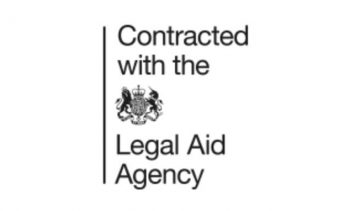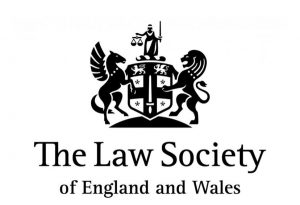A caveat is a legal document that prevents the issue of a grant of probate or grant of administration in the United Kingdom.
When someone enters a caveat, it essentially puts a hold on the probate process until the matter is resolved.
For more detailed information about caveats, warnings, and appearances in the context of probate, see our comprehensive guide on Caveats, Warnings and Appearances.Reasons to Consider Entering a Caveat in Probate Proceedings
Reasons to consider entering a Caveat
There are several compelling reasons why someone might choose to enter a caveat during the probate process:
Doubts about the validity of the Will: One of the most common reasons for entering a caveat is when an interested party has doubts about the legitimacy of the deceased’s Will.
This could be due to concerns about the testator’s mental capacity at the time the Will was created, suspicions of undue influence, or questions about the proper execution of the document.
Belief that the deceased did not make a valid Will: In some cases, a person may enter a caveat because they believe the deceased passed away without making a valid Will (dying “intestate”).
This could lead to disputes over who has the right to administer the estate and how the assets should be distributed.
Concerns about the suitability of the estate administrator: Another reason to enter a caveat is when someone has concerns about the suitability of the person appointed to administer the deceased’s estate.
This could be due to conflicts of interest, lack of impartiality, or doubts about the administrator’s ability to fulfill their duties.
Duration and Extension of a Caveat in Probate
Once entered, a caveat remains in place for six months from the date it is filed. If the caveator wishes to extend the caveat beyond this initial six-month period, they may apply for a further extension of six months, subject to a fee. The application for extension must be made approximately one month before the expiration of the original caveat.
Challenging a Caveat: The Warning Notice Process
If someone disagrees with the entering of a caveat and wishes to proceed with applying for a Grant of Probate or Letters of Administration, they may issue a Warning Notice against the caveat.
Once the Warning Notice is served, the caveator has 14 days to submit an Appearance to the Probate Registry. In the Appearance, the caveator must set out their contrary interest in the deceased’s estate and their reasons for entering the caveat.
If the caveator fails to enter an Appearance within the 14-day timeframe, their caveat will be automatically removed by the probate registry. However, if they do enter an Appearance, the caveat will remain in place until an agreement is reached between the parties.
Resolving Caveat Disputes: Negotiation, Mediation, and Hearings
In the event that an agreement cannot be reached through negotiation or mediation, the probate registry will list the matter for a hearing. It is important to note that matters related to caveats can become expensive at this stage. However, based on our experience at the firm of Adel Jibs, most caveat disputes are resolved at an early stage, either through initial negotiation or following the issuance of a Warning Notice. The fee to extend a caveat is currently £20.
The Bottom Line: Entering a Caveat in Probate
If you are considering entering a caveat in a probate matter, it is crucial to understand that this action should only be taken if you have a genuine interest in the estate and wish to oppose the issuance of a grant. Entering a caveat without proper grounds can lead to unnecessary delays and expenses for all parties involved.
For personalised guidance on caveats or any other aspect of contesting a Will, please contact Adel Jibs today or call 02034173859. A member of our knowledgeable estate administration team will be happy to arrange a free consultation between you and one of our experienced solicitors to discuss the options available to you. Our Solicitors in Enfield are dedicated to providing the support and expertise you need during this challenging time.


